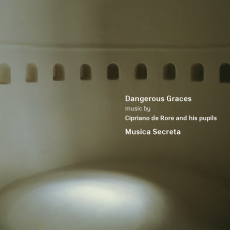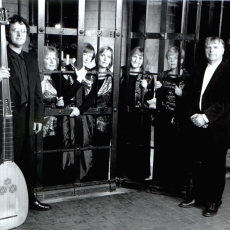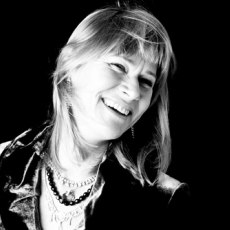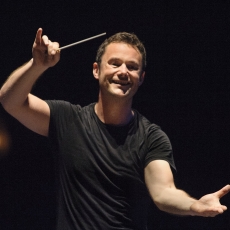Musica Secreta - Dangerous Graces: Music by Cipriano de Rore and pupils - The Consort
This recording is the fruit of research into female vocal ensembles of 16th century Italy entitled 'Female Musicians and Performance Practice at the Courts of Parma and Ferrara, 1565 - 1589', undertaken jointly by Southampton University and Musica Secreta. This si the first such joint project between academics and performers, although Musica Secreta has already performed a considerable amount of female vocal ensemble music, both sacred and secular. In 1992 the group recorded the madrigals for 1, 2 and 3 sopranos by the Ferrarese composer Luzzasco Luzzaschi, and were later awarded Arts Council funding to begin experiments with performing polyphonic madrigals using only female voices and continuo instruments. the ensemble's founder, Deborah Roberts, is also a Senior Research Fellow at Southampton.
This recording, subtitled Music by Cipriano de Rore (1515/16 - 1565) and his pupils. De Rore was respected as a master during his own lifetime, and he was regarded as the originator of the seconda prattica, a re-creation of ancient Classical music practice, whereby musical elements were subservient to the words. The pupils represented here are Gieches de Wert, Marcantonio Ingegneri and Luzzasco Luzzaschi, all of whom are given due space. None of the pieceswas necessarily composed for the vocal and instrumental forces used here, but since it was common to substitute instruments for voices, the lack of sung tenor and bass parts is insignificant.
The music here is of the highest quality and the performances match the material. The comprehensive booklet notes are written by Laurie Stras, who leads the academic side of the partnership on this project.
The general assumption that music was the preserve of male musicians and singers until well into the 17th century is completely disproved by this recording, not only through the scholarship underpinning the project but also by the convincing nature of the performances. It is known that a (male) bass singer, Brancaccio, sang with the ladies of the Ferrarese Musica Secreta, but if the original performers where of the same calibre as those on this recording then his presence would have been largely superfluous.
This recording is to be thoroughly recommended both for its wealth of scholarship and for the excellence of the performances informed by that scholarship.



